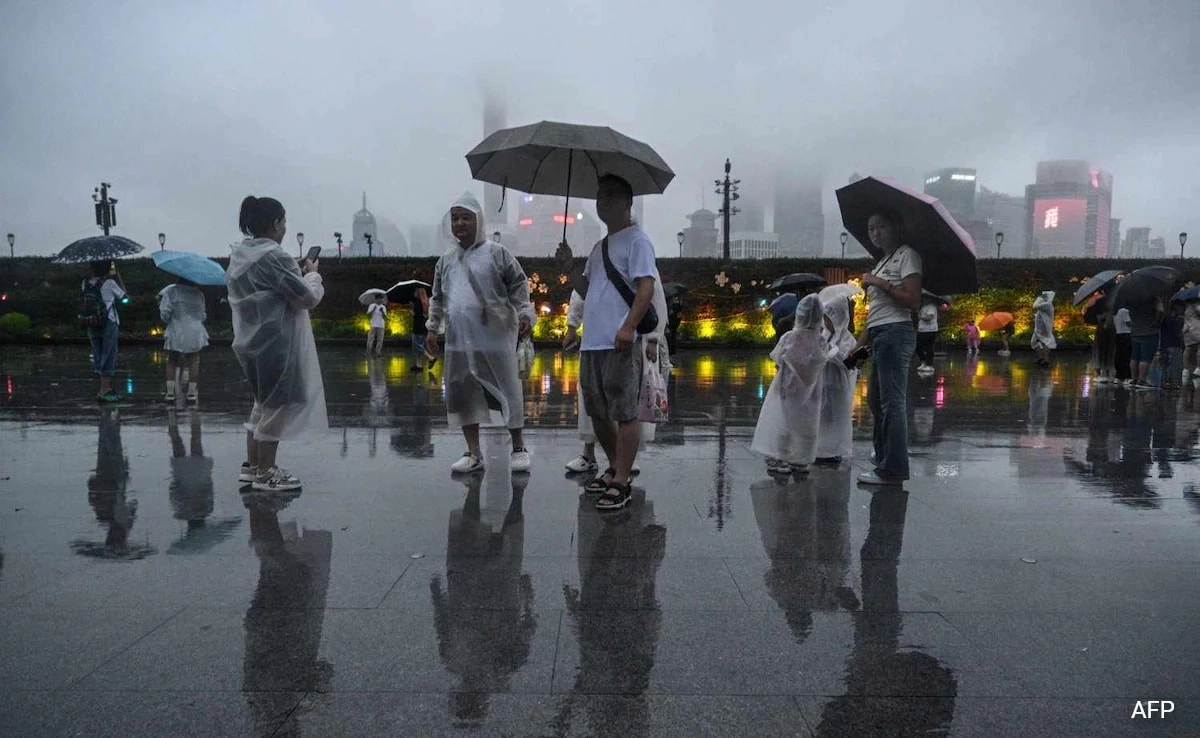Recent catastrophic flooding in China has claimed the lives of at least 44 people, highlighting severe shortcomings in the country’s disaster preparedness and response strategies. The deluge, which struck various regions, particularly affecting rural areas, has been exacerbated by heavy rainfall that overwhelmed local infrastructure. Many affected communities found themselves unprepared for such extreme weather events, revealing a critical gap in emergency planning and resource allocation. As floodwaters surged, residents reported inadequate warning systems and insufficient provisions for evacuation, which contributed to the tragic loss of life.
Officials have acknowledged these failures, admitting that the response to the flooding has not met the expectations of the public or the government. This candid recognition of shortcomings comes amidst growing concerns over climate change and its implications for natural disasters in the region. As extreme weather events become more frequent, there is an urgent need for a reevaluation of current policies and practices regarding disaster preparedness. Many experts argue that investment in infrastructure, improved forecasting technology, and community education are essential steps to mitigate the impact of future floods.
The aftermath of the floods has prompted discussions among policymakers regarding the need for more robust emergency management systems. As recovery efforts continue, the focus is shifting toward long-term solutions that not only address immediate needs but also build resilience against future disasters. Communities are calling for enhanced collaboration between local and national governments to ensure that resources are allocated efficiently and effectively. In light of the tragic events, it is clear that a comprehensive approach to disaster management is imperative for safeguarding lives and livelihoods in the face of increasingly unpredictable weather patterns.
The situation in China serves as a stark reminder of the vulnerabilities many nations face in the wake of climate change. As governments worldwide grapple with similar challenges, the lessons learned from these floods could inform better practices and strategies for disaster response globally. In the coming months, it will be critical for Chinese officials to implement the necessary reforms to prevent such tragedies from recurring, ensuring that communities are equipped not only to respond to disasters but also to adapt to the changing environment.




